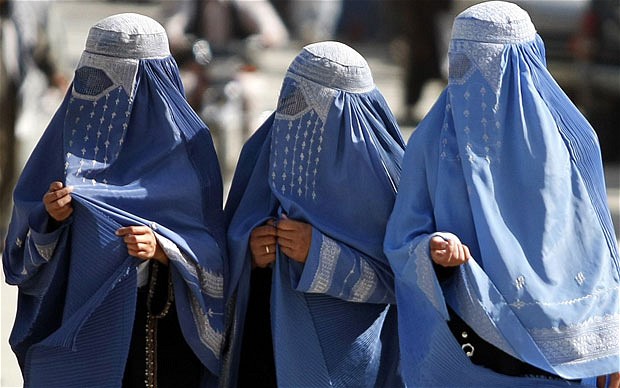AT-KABUL: One hundred and two young Afghan women graduated on Tuesday from USAID’s Promote: Women in the Economy (WIE) Microfinance Institute Training (MFI) program.
According to the agency’s statement, the women are part of the program’s second apprenticeship session, which now includes 177 graduates. Implemented by the Afghanistan Microfinance Association (AMA), the program equips women with technical and managerial skills needed to secure jobs in the banking and microfinance sectors.
Operating in Kabul, Herat, and Balkh since November 2016, AMA has placed trainees in the First Microfinance Bank of Afghanistan, the Afghan Rural Finance Company, the Foundation for International Community Assistance in Afghanistan, OXUS Afghanistan, Mutahid, Hand in Hand, and Exchangerzone. Fifty-four of the women have transitioned to full-time jobs.
“An important step towards improving access to finance for women-owned businesses and self-employed women is increasing the number of women in mid- and senior-level positions in banking and microfinance, including commercial lending. Increasing the number of women in the financial sector, particularly in decision-making and lending roles will make it easier for other women to obtain financial services,” said Susan DeCamp, Gender Office Director for USAID Afghanistan.
The Executive Director for AMA, Najibullah Samim said, “In addition to increasing the number of women employees in the financial sector, the program provides opportunities to member MFIs to hire trained and dedicated women employees that will help them to provide better financial services to women entrepreneurs.”
USAID’s Promote: Women’s Empowerment is the umbrella program that consists of four components: Women’s Leadership Development, Women in Government, Women in the Economy, and Musharikat or civil society advocacy. This five year program (2015-2020) has already assisted over 50,000 young women across the country, the statement added
Promote: Women in the Economy assists businesses that are women-owned or those employing women to increase income growth, and provide business sustainability. It also supports Afghan women in finding new or better jobs through career counseling and workplace skills development.
 Afghanistan Times
Afghanistan Times




